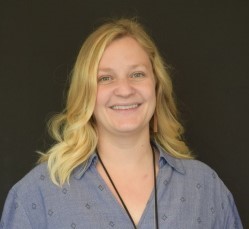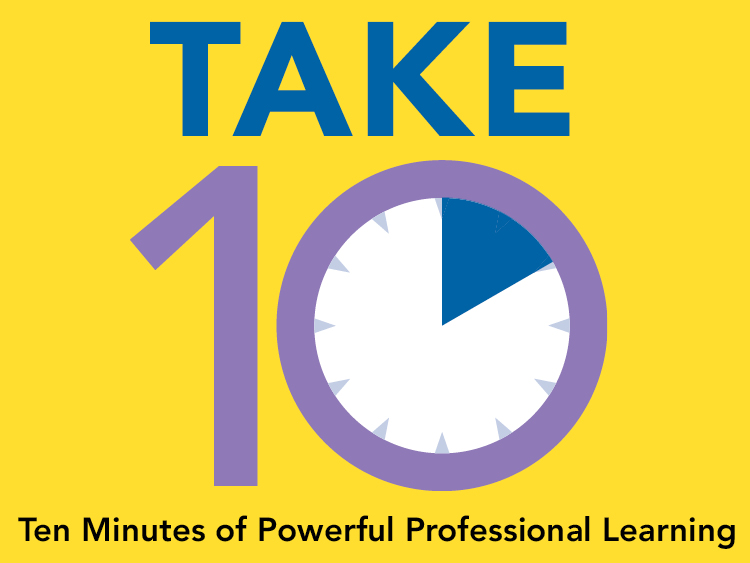We introduced the concept of a Science Notebook in a previous blog. Now, we will outline how teachers might use notebooks for formative or summative assessment.
Either way you decide to use your students’ notebooks — to drive further instruction or as a way to gauge student learning — it is key that you provide meaningful and effective feedback. Think about it. “Great work!” might feel nice on an evaluation, but it doesn’t provide us with any meaningful insight to build upon. We don’t know which part of our work is great, and let’s be honest, we all have at least one thing we can work on. Even if it’s something that we are doing awesome, pinpointing that can be helpful so we can replicate that action. Though solid, thoughtful feedback takes time to give, it is important to make that time when evaluating our students’ work. Think about coming up with a system to make the process easier. On Monday’s, grade your first block, Tuesday’s your second. Or perhaps, have a rotating schedule by students and days. Another great trick is to ask students to put a paperclip on an activity you want to look at so you do not have to flip through 20 different notebooks to find the same page.
While assessing student notebooks, there are a few areas we can focus on to keep comments useful and consistent. It’s difficult to use a science notebook in itself as a summative assessment, a pre and post unit assessment or a more traditional end of unit assessment might be better suited for these purposes. By assigning grades to specific reflections or data collection, one can devalue that student’s feelings. Purposeful feedback on that entry will tell the student how they can improve it for the future. Rather than assigning a grade to the whole unit in the notebook choose three or four entries to assess and do so based on a rubric or checklist, keeping in mind Three Key Elements of students (as outlined in Fulwiler’s Writing in Science: In Action): 1) Understanding of the science concepts in the unit 2) Ability to think scientifically 3) Ability to use scientific skills.
In general, when assessing student notebooks, it might be helpful to follow these five principles (Fulwiler 2011):
- Do not score or grade students’ entries in their notebooks. If you have to provide grades for evaluative purposes, do so on a separate piece of paper.
- When providing feedback, describe specific strengths rather than superficial statements or weaknesses
- For weaknesses, try addressing through questions another scientist might ask (i.e. A scientist might wonder…)
- Routinely formatively assess by reading over students shoulders and providing oral feedback or asking questions
- As stated above, formally assess three to four times throughout the unit and use these opportunities to continue to adjust instruction.
Science notebooks can be a great tool for both teachers and students. To make the most out of these learning tools, however, feedback needs to be both descriptive and prescriptive, providing suggestions and support for how students can improve on their thinking and skills. Perhaps as a teacher, you can weave self-assessment into your notebooks, using “I notice” and “I wonder” charts to model for students how to formulate thoughts on specific entries. Any way you decide to provide this feedback is acceptable. Just remember, consistency and focus is key. For more information and specific examples of checklists and rubrics, check out Betsy Rupp Fulwiler’s book, Writing in Science: In action or the CT Science Center’s Resources page at https://ctsciencecenter.org/education/resources/ .
This content was made possible in part by the Institute of Museum and Library Services.
Thank you for taking the time to read this blog post! The team at the Mandell Academy is here to support your needs, and are always happy to share what we find with you. For more resources, join our Educator Hub on Facebook and search our Professional Learning opportunities on our website.

Lindsey Sullivan is a Professional Learning Specialist at the Connecticut Science Center’s Mandell Academy for Teachers. Before joining the Mandell Academy, Lindsey was a high school science teacher. Currently, Lindsey supports educators as they make sense of NGSS through her facilitation of workshops offered by the Mandell Academy as well as providing coaching support in schools.


